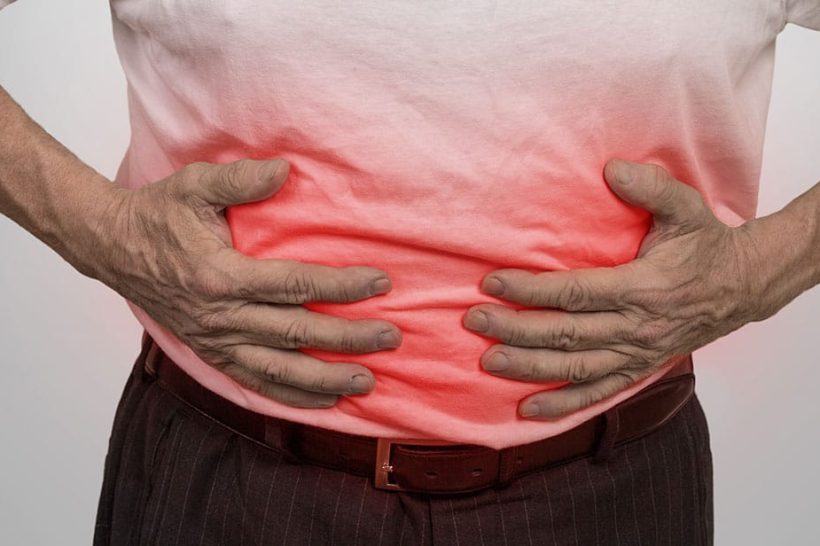Crohn’s disease is a chronic inflammatory condition of the gastrointestinal tract, belonging to a group of conditions known as inflammatory bowel diseases. Symptoms may include abdominal cramps, constipation, diarrhea, fever, loss of appetite, fatigue, night sweats, and weight loss.
Fortunately, patients can find relief with medical marijuana. Multiple studies support the use of medical cannabis in treating Crohn’s disease. Below, CannaMD outlines the most promising research to date.
Decrease in disease activity with medical marijuana
In 2011, the Israel Medical Association Journal reported findings from the first ever study on cannabis use in Crohn’s disease. Conducting retrospective interviews, researchers concluded:
The results indicate that cannabis may have a positive effect on disease activity, as reflected by reduction in disease activity index and in the need for other drugs and surgery.
Contemplating marijuana’s possible method(s) of action, study authors note:
The observed beneficial effect in this study may be due to the anti-inflammatory properties of cannabis, but additional effects of cannabinoids may also play a role. Cannabinoids influence gastrointestinal motility and, in particular, have an anti-diarrheal effect, as observed in mice injected with cholera toxin.
However, perhaps of most interest:
The central effect of cannabinoids may induce a sensation of general well-being, which could contribute to the feeling that cannabis use is beneficial. However, this general effect wears off with time as tolerance develops, while the positive effect of cannabis on disease activity in our patients was maintained for an average period of 3.1 years.
Of the 30 study participants, 21 improved “significantly” after treatment with cannabis. The need for other medication was also “significantly reduced.”
Cannabis may lead to complete Crohn’s disease remission
A 2013 Gastroenterology and Hepatology study randomly assigned Crohn’s disease patients who didn’t respond to other treatments (including steroids, immunomodulators, and anti-tumor necrosis factor-α agents) to smoke either cannabis cigarettes with or without 9-tetrahydrocannabinol (THC), the psychoactive compound in marijuana.
Study results showed:
Complete remission (CDAI score <150) was achieved by 5 of 11 subjects in the cannabis group (45%) and 1 of 10 in the placebo group (10%). A clinical response (decrease in CDAI score of >100) was observed in 10 of 11 subjects in the cannabis group (90%) and 4 of 10 in the placebo group (40%). Three patients in the cannabis group were weaned from steroid dependency. Subjects receiving cannabis reported improved appetite and sleep, with no significant side effects.
These findings led researchers to conclude:
A short course (8 weeks) of THC-rich cannabis produced significant clinical, steroid-free benefits to 10 of 11 patients with active Crohn’s disease, compared with placebo, without side effects.





